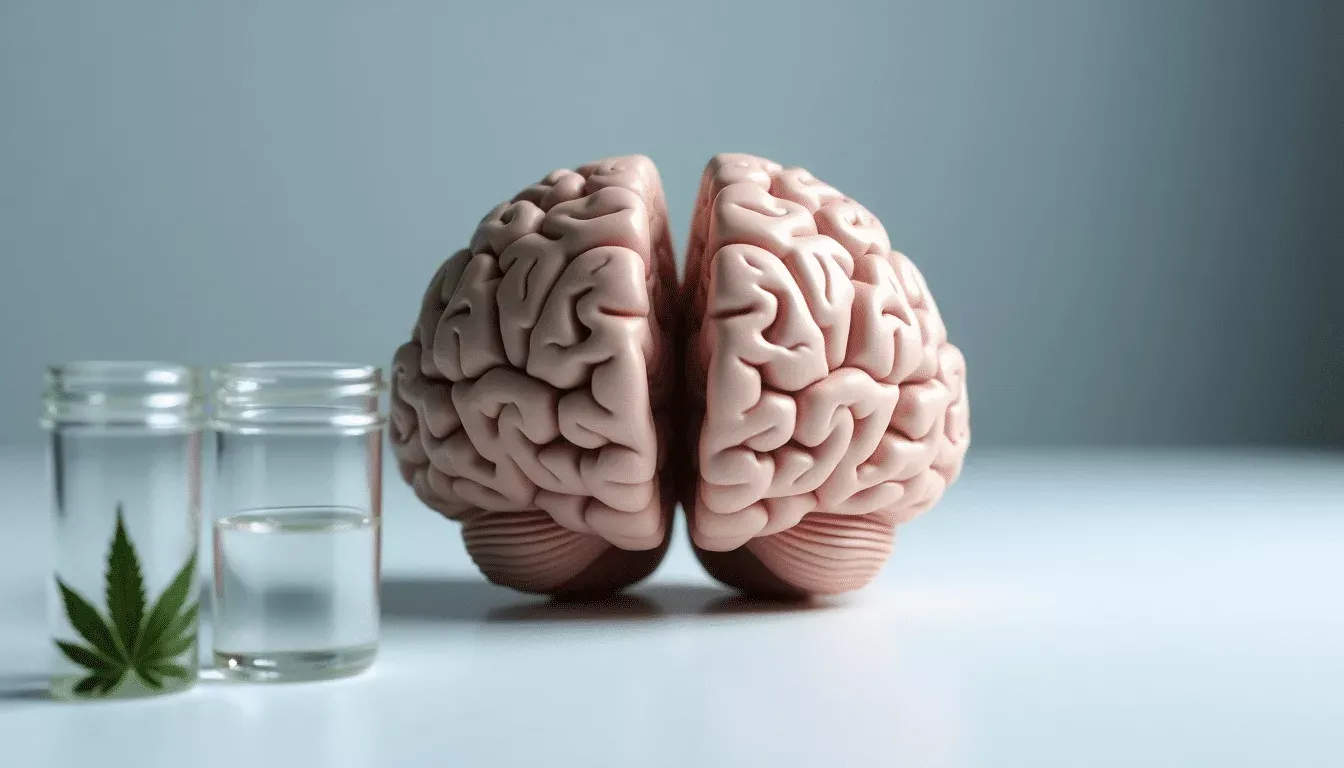Cannabis and Epilepsy: A New Frontier in Treatment
In recent years, the conversation around cannabis and its potential medicinal benefits has taken a prominent place in popular discourse. Among the myriad conditions for which cannabis is suggested as a treatment, epilepsy stands out due to its complex nature and the significant impact it has on the lives of those who suffer from it. This article will delve into the relationship between cannabis and epilepsy, examining what epilepsy is, the potential benefits and risks of cannabis as a treatment, and offering practical advice for those considering this option. By the end of this piece, you’ll have a clearer understanding of whether cannabis might be a viable treatment for epilepsy, supported by current research and expert insights.
Understanding Epilepsy
Epilepsy is a neurological disorder characterized by recurrent, unprovoked seizures. These seizures are the result of excessive electrical discharges in a group of brain cells, which can manifest in various ways, from brief lapses of attention to convulsions. The World Health Organization estimates that around 50 million people worldwide live with epilepsy, making it one of the most common neurological diseases globally.
While epilepsy can affect anyone, the causes and types of epilepsy can vary widely. Seizures are typically categorized as either focal (affecting one part of the brain) or generalized (affecting the entire brain). Treatment often involves the use of anti-seizure medications, but about one-third of patients do not respond well to these, leading many to explore alternative treatments, including cannabis.
Cannabis and Epilepsy: Potential Benefits and Risks
The active compounds in cannabis, particularly cannabidiol (CBD), have garnered attention for their potential therapeutic effects. CBD is one of the many cannabinoids found in the cannabis plant and is non-psychoactive, meaning it doesn’t induce the "high" associated with tetrahydrocannabinol (THC).
Potential Benefits
Research suggests that CBD may possess anti-convulsant properties, making it a candidate for treating epilepsy. In particular, several studies have shown that CBD can reduce the frequency of seizures in certain forms of epilepsy, such as Dravet syndrome and Lennox-Gastaut syndrome. One landmark study published in "The New England Journal of Medicine" found that CBD significantly reduced seizure frequency in patients with Dravet syndrome compared to placebo. As a result, the U.S. Food and Drug Administration (FDA) has approved Epidiolex, a CBD-based medication, for treating these rare and severe forms of epilepsy.
Risks and Considerations
While the potential benefits of cannabis for epilepsy are compelling, it’s important to consider the risks. Cannabis can interact with other medications, and high doses of CBD can lead to side effects such as fatigue, diarrhea, and changes in appetite and weight. Additionally, there’s still much to learn about the long-term effects of cannabis use, particularly in children and adolescents.
Given these factors, it’s crucial for individuals and caregivers to consult with healthcare professionals before starting any cannabis-based treatment. Each person’s response to cannabis can vary, and medical guidance can help tailor an appropriate treatment plan.
Practical Advice for Considering Cannabis as a Treatment
Doctor Consultation is Key
Before trying cannabis for epilepsy, discuss it with a healthcare provider. They can provide valuable insights into whether it’s a suitable option based on the patient’s medical history and current treatment regimen. Dosage and formulation should be carefully considered, as they can significantly affect outcomes.
Start Low and Go Slow
A common adage in medical cannabis use is "start low and go slow," meaning patients should begin with a low dosage and gradually increase it as needed under medical supervision. This approach helps in minimizing potential side effects and finding the most effective dose for seizure control.
Keeping Track
Maintaining a seizure diary can be invaluable. Documenting the frequency, duration, and potential triggers of seizures while on cannabis treatment can help healthcare providers assess the efficacy and make necessary adjustments.
Stay Informed
The field of cannabis research is continually evolving, and staying informed about the latest findings can empower patients and caregivers. Reliable resources include medical journals, reputable health websites, and epilepsy-specific organizations, many of which offer updates on emerging treatments and research.
Conclusion
Cannabis presents a promising but complex option for those seeking to manage epilepsy, especially when traditional treatments have failed. While evidence suggests CBD can be effective for certain types of epilepsy, especially rare and severe forms, the risks and long-term impacts require careful consideration.
As we await more robust research, particularly broader clinical trials, the best course of action remains a collaborative approach: open communication with healthcare professionals, vigilant monitoring of symptoms, and an informed, cautious approach to using cannabis.
Whether you’re a patient, caregiver, or simply interested in learning more, continuing to explore the intersection of cannabis and epilepsy can contribute to better outcomes and broaden understanding. Consider diving deeper into related studies or sharing thoughts and experiences in the comments section below.
Related Resources
- Epilepsy Foundation: Medical Cannabis
- American Epilepsy Society: Cannabis Treatment
- FDA: Epidiolex Information
By staying informed and engaged, you can make empowered decisions about managing epilepsy with the most comprehensive arsenal of knowledge at your fingertips.
FAQ: Cannabis and Epilepsy
What is the relationship between cannabis and epilepsy?
Cannabis, particularly CBD (cannabidiol), has shown potential in reducing the frequency and severity of seizures in some individuals with epilepsy, though more research is needed.
Is CBD effective for all types of epilepsy?
CBD has been found effective for certain types of epilepsy, such as Dravet syndrome and Lennox-Gastaut syndrome, but its effectiveness can vary among individuals and types of epilepsy.
Are there any approved medications containing cannabis for epilepsy?
Yes, Epidiolex, which contains purified CBD, is an FDA-approved medication for treating seizures associated with Dravet syndrome and Lennox-Gastaut syndrome.
Can THC be used to treat epilepsy?
THC, the psychoactive component of cannabis, is not typically recommended for epilepsy treatment due to potential side effects and lack of sufficient evidence supporting its efficacy.
Are there any side effects of using cannabis for epilepsy?
Potential side effects of cannabis use for epilepsy can include drowsiness, fatigue, gastrointestinal issues, and changes in appetite, with the risk varying depending on the formulation and dosage.
Share this content:



